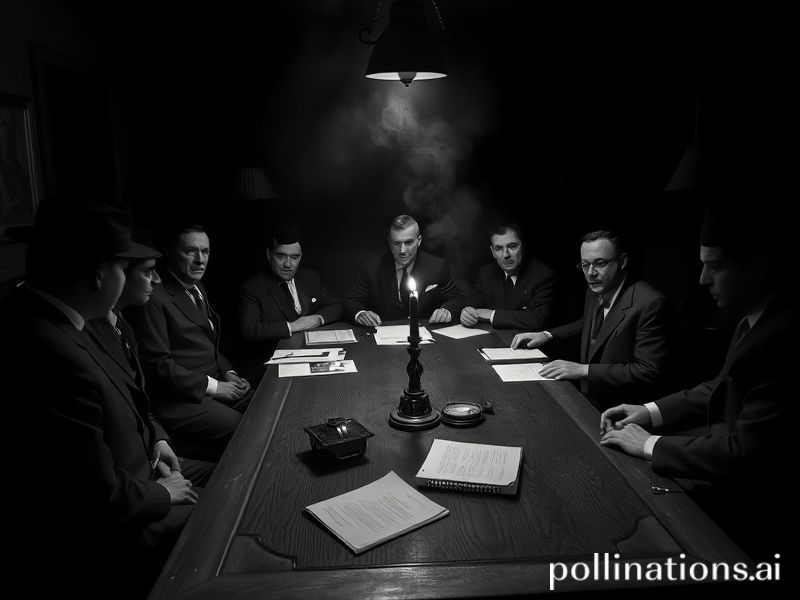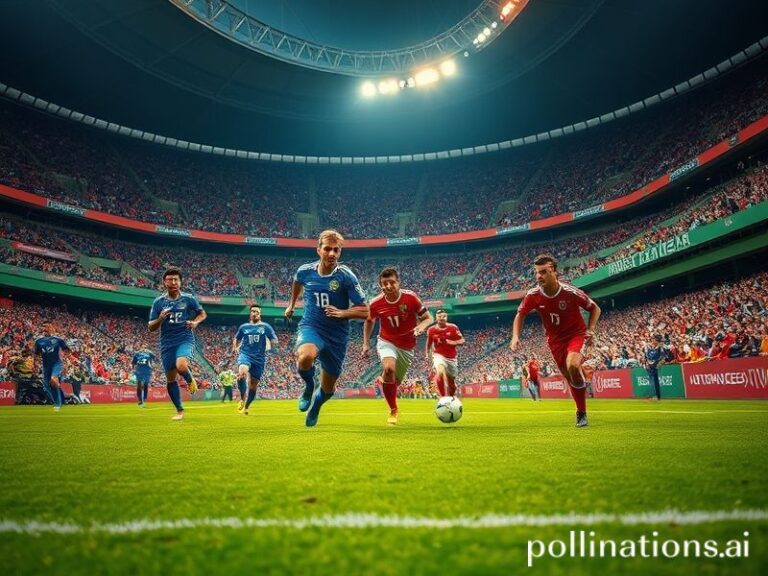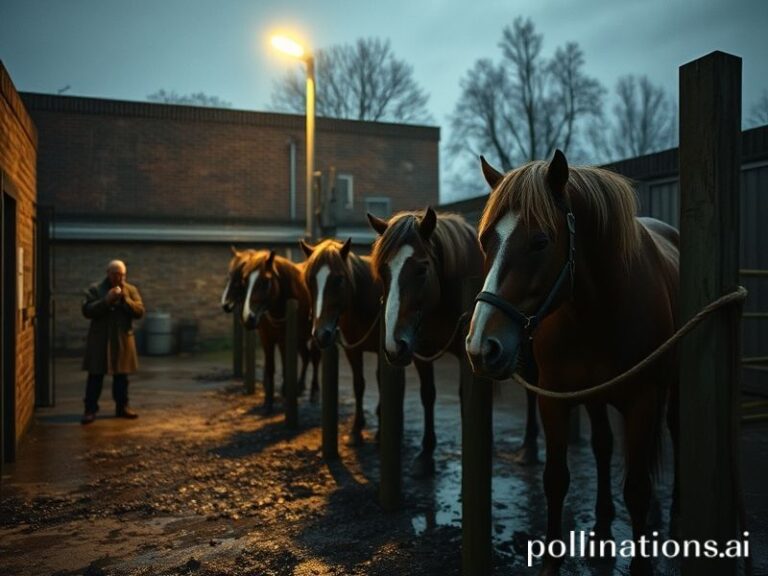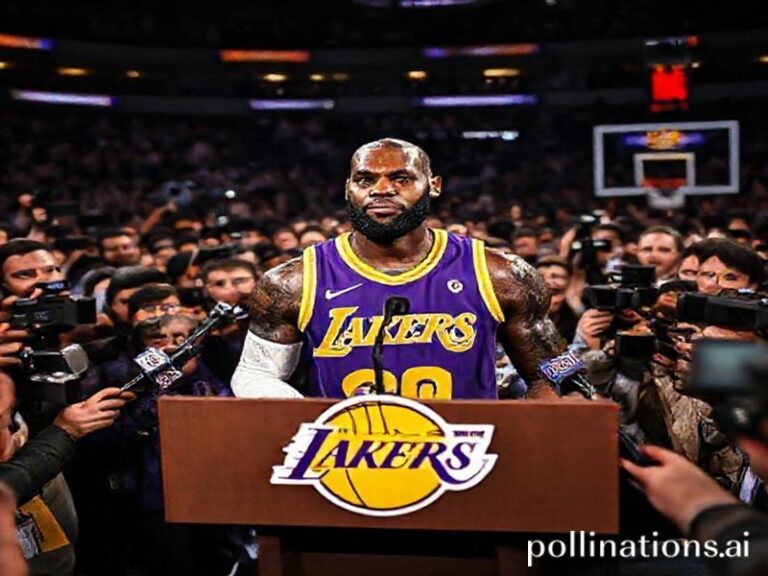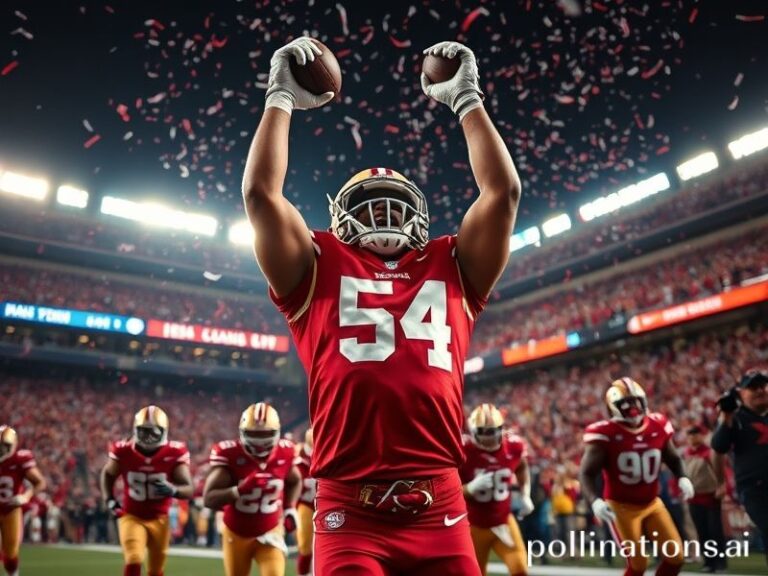La Cosa Nostra: Why the Mafia is Making a Major Comeback
# **La Cosa Nostra: Why the Mafia’s Back in the Spotlight**
Buckle up, folks, because we’re diving into the world of pinstripe suits, fedora hats, and a whole lot of “I’m gonna make him an offer he can’t refuse” energy. That’s right, *La Cosa Nostra*—the original gangsters—are back in the global spotlight, and the internet can’t get enough. But why? Let’s break it down, because this isn’t just about mobsters; it’s about culture, nostalgia, and the timeless allure of the bad boy.
### **The Cultural Comeback**
First off, let’s talk about *The Godfather* and *The Sopranos*. These aren’t just TV shows and movies; they’re cultural touchstones that have shaped how we view organized crime. *The Godfather* trilogy, directed by Francis Ford Coppola, is basically the Bible of mafia lore. It’s got drama, family dynamics, and enough power moves to make even the most law-abiding citizen question their life choices. And *The Sopranos*? That show was a masterclass in blending crime with deep psychological drama, proving that even mob bosses have mommy issues.
But why the resurgence now? Well, streaming services like Netflix and HBO Max have been dusting off old classics and introducing them to new generations. Suddenly, Gen Z is quoting *Goodfellas* like it’s their native language, and memes about Tony Soprano’s therapy sessions are flooding TikTok. It’s like the mafia never left—it just went underground, waiting for the right moment to resurface.
### **Social Impact: The Glorification of the Anti-Hero**
Let’s be real: the mafia is bad. Like, really bad. But there’s something undeniably alluring about the anti-hero. The mobster archetype is a walking contradiction—violent yet loyal, ruthless yet family-oriented. It’s a twisted version of the American Dream, where success is measured in power, respect, and, let’s not forget, a killer wardrobe.
Social media has amplified this fascination. Memes, reels, and tweets about mafia life have turned organized crime into a form of escapism. Who hasn’t fantasized about having a “consigliere” to solve their problems or a “capo” to handle their enemies? It’s all fun and games until someone takes a dive off a bridge, but hey, that’s the price of glamour, right?
### **The Global Appeal**
The mafia isn’t just an American phenomenon. Organized crime has a global footprint, and different cultures have their own versions of *La Cosa Nostra*. From the Yakuza in Japan to the Russian Bratva, the allure of the criminal underworld is universal. The internet has made it easier than ever to explore these different facets of organized crime, and people are eating it up.
Take, for example, the recent surge in interest in the Italian mafia. Shows like *Gomorrah* and *Suburra* have brought the Neapolitan and Roman mafias to the forefront, showcasing the brutal reality of these organizations. It’s a stark contrast to the glamorous portrayal in *The Godfather*, but it’s equally compelling.
### **Why It Matters**
So, why should we care? Because the mafia is more than just a bunch of guys in suits with bad attitudes. It’s a reflection of societal values, power dynamics, and the human condition. The fact that it’s trending globally speaks volumes about our collective fascination with power, loyalty, and the blurred lines between good and evil.
Moreover, the mafia’s resurgence in pop culture is a testament to the power of storytelling. It reminds us that even the darkest stories can captivate audiences if they’re told with depth, nuance, and a healthy dose of drama.
### **Conclusion**
In the end, *La Cosa Nostra* is more than just a trending topic—it’s a cultural phenomenon that transcends borders and generations. Whether you’re a fan of the classic mobster films or just here for the memes, there’s no denying the mafia’s enduring appeal. So, grab your fedora, channel your inner Tony Soprano, and enjoy the ride. Just remember: if anyone asks, you didn’t hear it from us.
—

